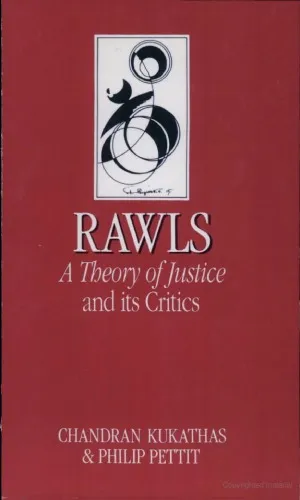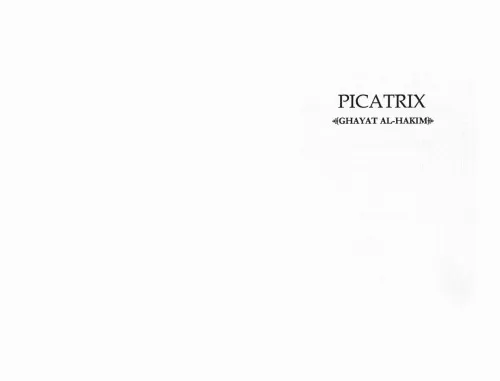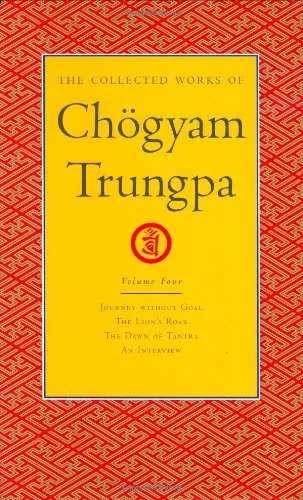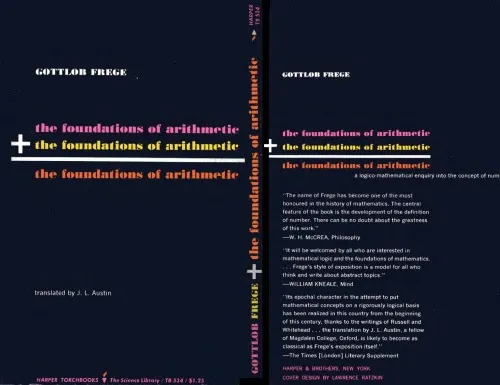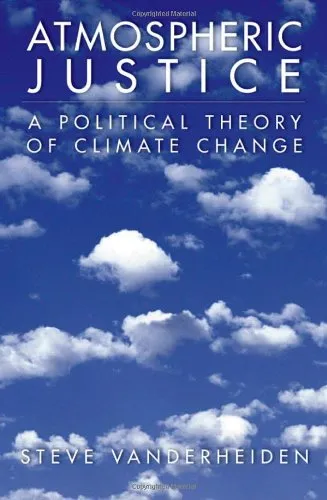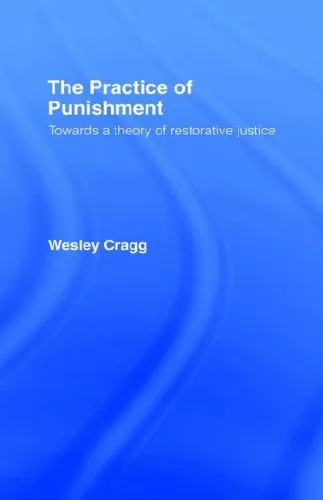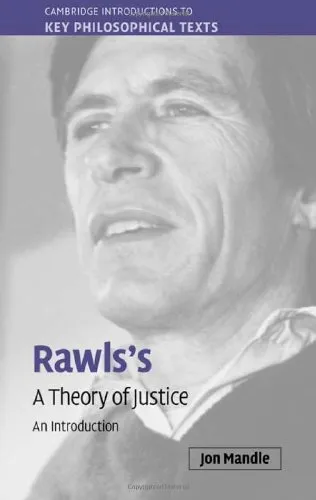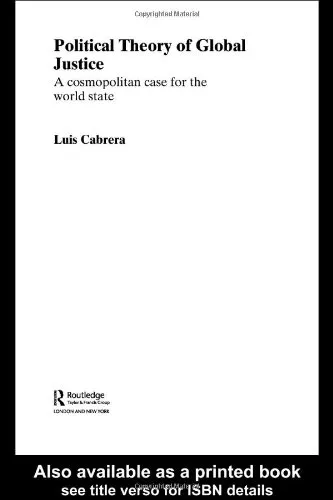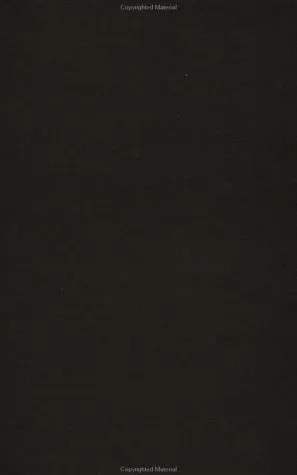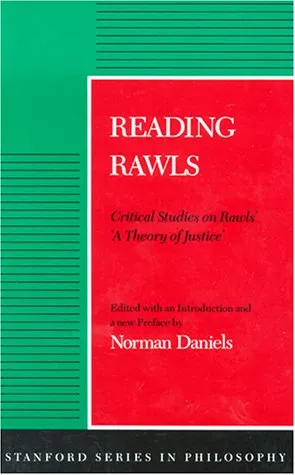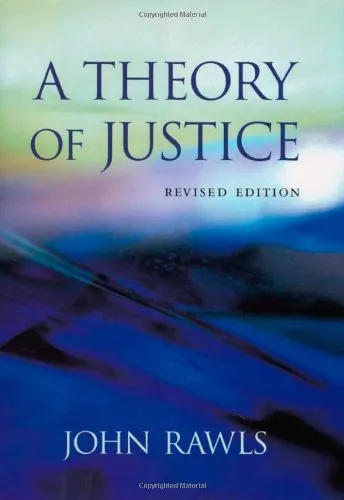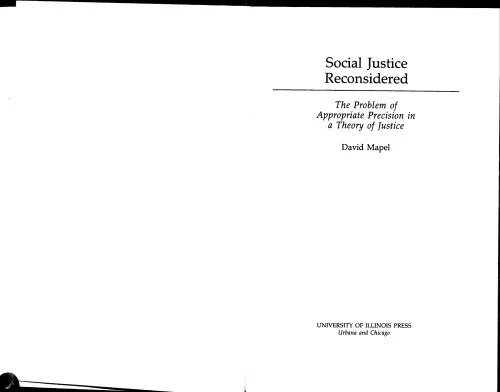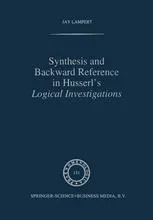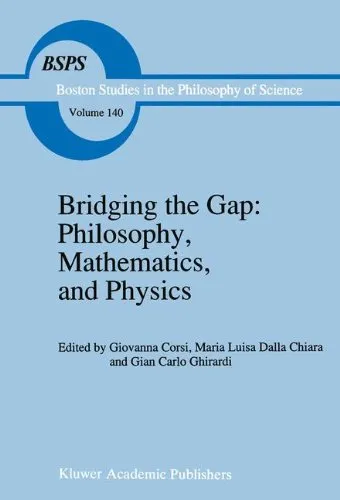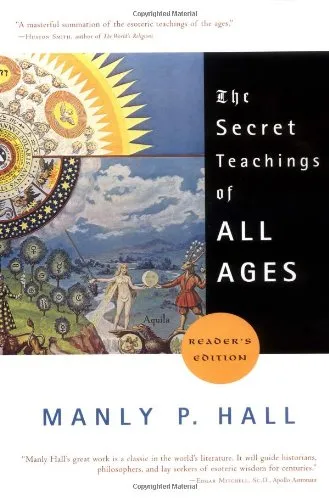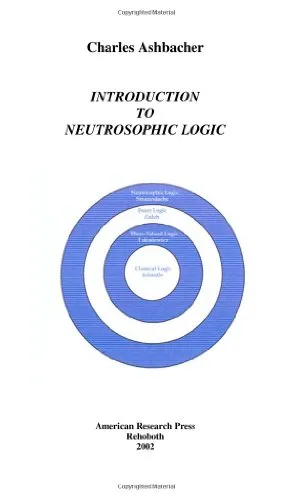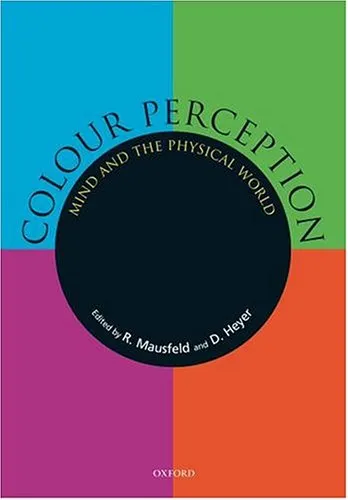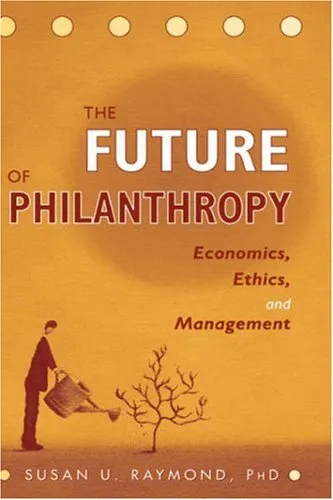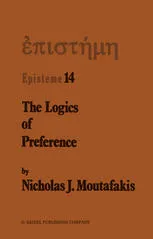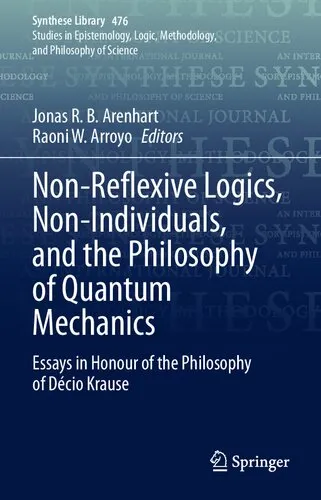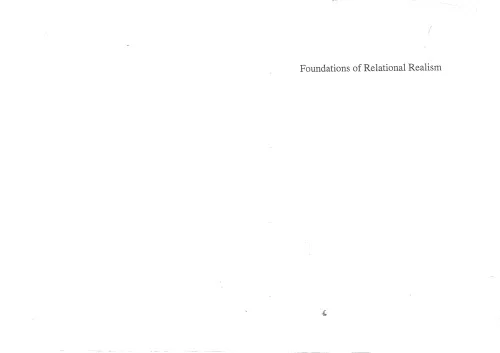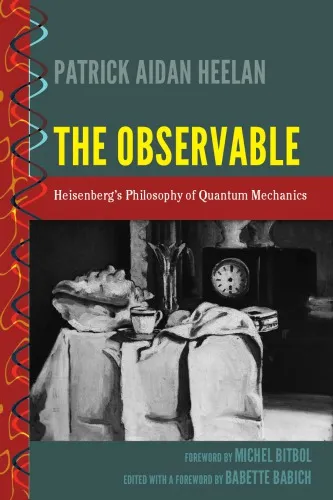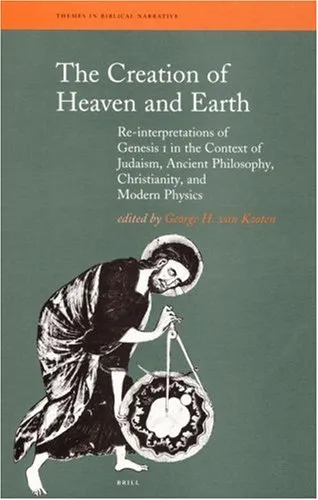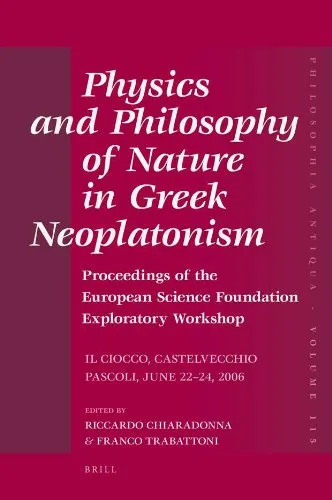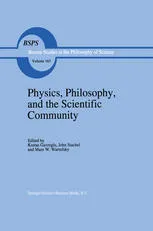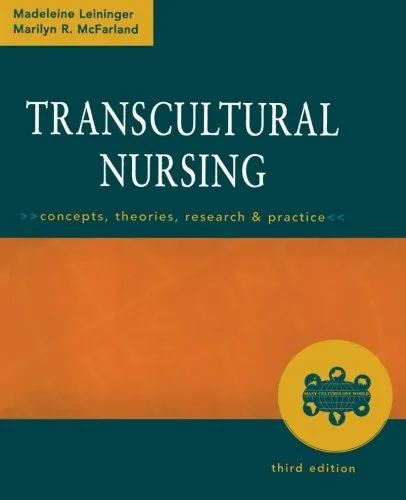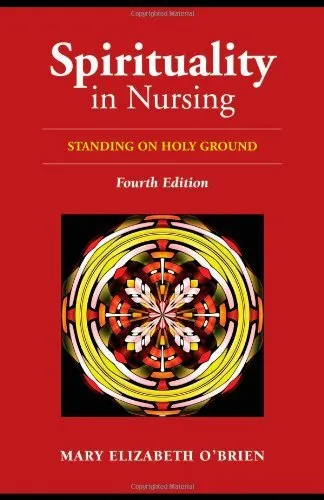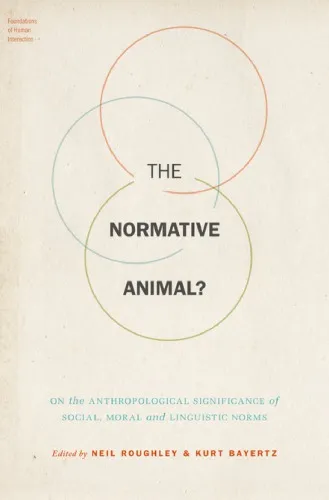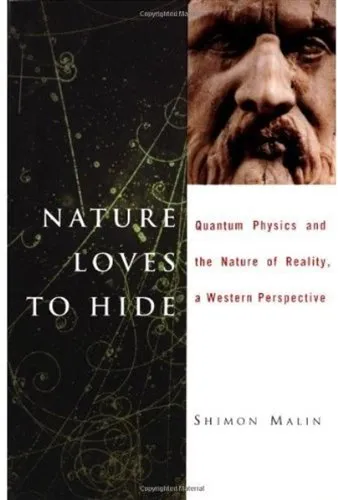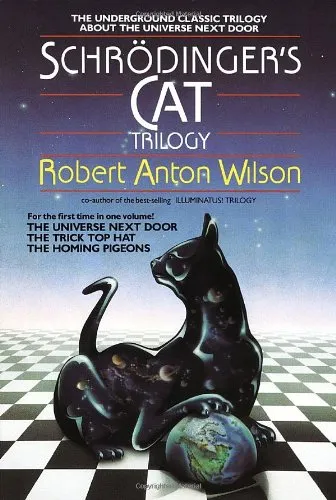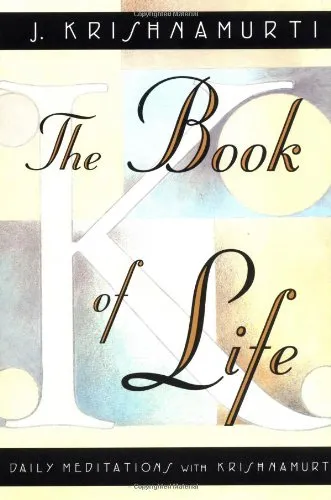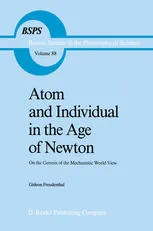Rawls: A Theory of Justice and Its Critics (Key Contemporary Thinkers)
4.0
Reviews from our users

You Can Ask your questions from this book's AI after Login
Each download or ask from book AI costs 2 points. To earn more free points, please visit the Points Guide Page and complete some valuable actions.Related Refrences:
Detailed Summary of the Book
"Rawls: A Theory of Justice and Its Critics" by Chandran Kukathas and Philip Pettit offers an extensive exploration of John Rawls's influential work, "A Theory of Justice." The authors elucidate Rawls's fundamental principles of justice as fairness, where they disentangle the philosophical tenets underpinning his theories. The book navigates Rawls's original position and veil of ignorance concepts, viewing them as tools to ensure impartiality in justice.
The text further delves into Rawls's two principles of justice, focusing on the liberty principle and the difference principle. These principles lay the groundwork for a just society where institutions are structured to offer equal basic liberties to everyone and social inequalities are arranged to benefit the least advantaged. Kukathas and Pettit juxtapose Rawls's vision against various critiques from communitarianism to libertarianism, underscoring the philosophical debates surrounding his theory.
The book also engages with the critiques posed by thinkers such as Robert Nozick and Michael Sandel, addressing their concerns over personal liberties and communal responsibilities. By weaving through these critiques, Kukathas and Pettit highlight the significance and enduring relevance of Rawls’s work in contemporary political discourse.
Key Takeaways
- John Rawls reshaped political philosophy by introducing the idea of justice as fairness and the original position as a method for determining principles of justice.
- Rawls's work triggered widespread debate, facing critiques that revolve around its practicality and implementation in a society with existing inequalities.
- Kukathas and Pettit provide a balanced analysis, presenting both the strengths and potential shortcomings of Rawls's theories against varied philosophical viewpoints.
- The book serves as a critical resource for understanding the depth and impact of Rawls’s theories and the critiques that shaped political philosophy in the late twentieth century.
Famous Quotes from the Book
"Rawls's principles call for a basic structure that benefits the worst-off in society." - Chandran Kukathas and Philip Pettit
"The original position is a central element, reflecting an idealized standpoint from which justice is assessed." - Chandran Kukathas and Philip Pettit
Why This Book Matters
"Rawls: A Theory of Justice and Its Critics" is an essential read for students, scholars, and enthusiasts of political philosophy. It systematically examines one of the most pivotal works in the field and engages deeply with the extensive critical responses it garnered.
This book matters because it not only contextualizes Rawls’s ideas within the broader framework of liberal thought but also highlights the enduring challenges his work poses to diverse ideological perspectives. As Kukathas and Pettit dissect and scrutinize Rawls's theories and their criticisms, readers gain profound insights into the philosophical discourse surrounding justice and its practical ramifications in modern-day governance.
By providing a balanced and thoughtful exploration of Rawls's work, "Rawls: A Theory of Justice and Its Critics" remains a key tool for anyone looking to understand the foundational concepts that continue to influence contemporary discussions about fairness, equality, and justice in society.
Free Direct Download
You Can Download this book after Login
Accessing books through legal platforms and public libraries not only supports the rights of authors and publishers but also contributes to the sustainability of reading culture. Before downloading, please take a moment to consider these options.
Find this book on other platforms:
WorldCat helps you find books in libraries worldwide.
See ratings, reviews, and discussions on Goodreads.
Find and buy rare or used books on AbeBooks.
1409
بازدید4.0
امتیاز0
نظر98%
رضایتReviews:
4.0
Based on 0 users review
Questions & Answers
Ask questions about this book or help others by answering
No questions yet. Be the first to ask!
